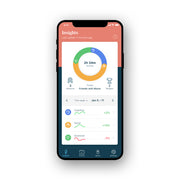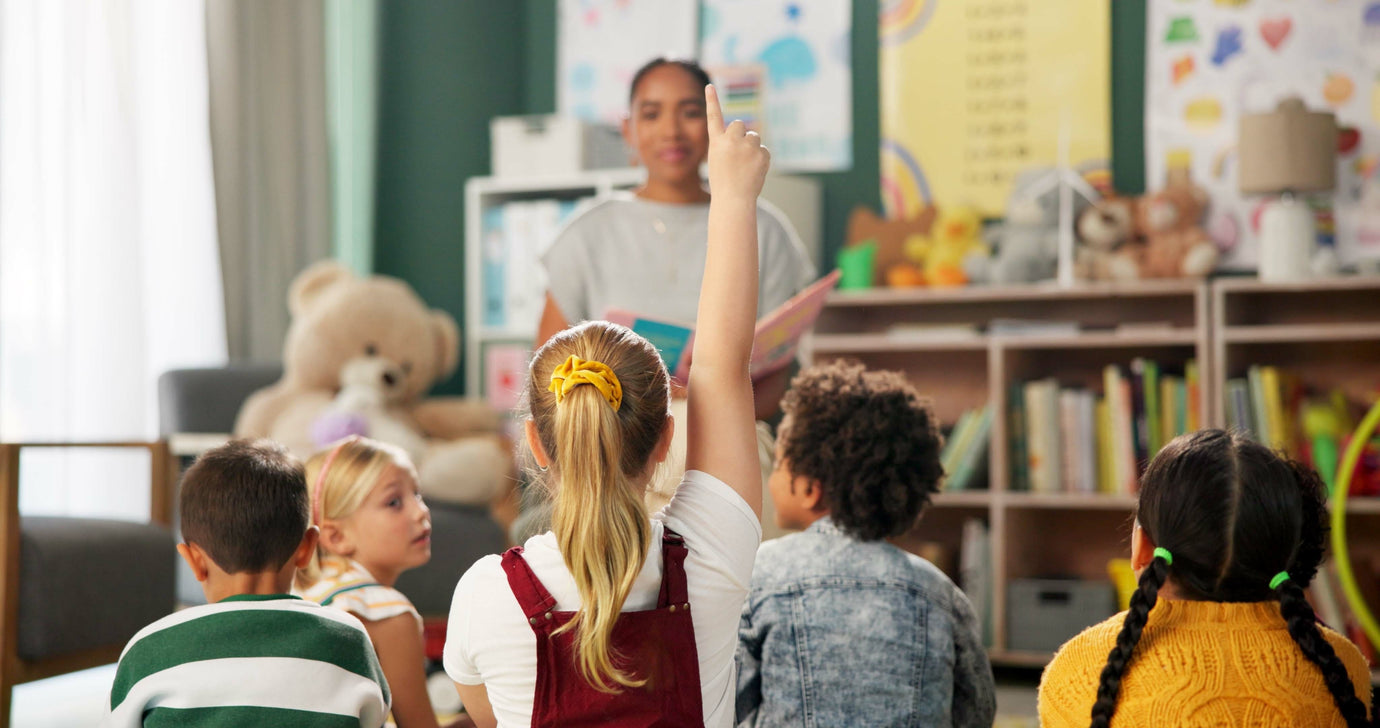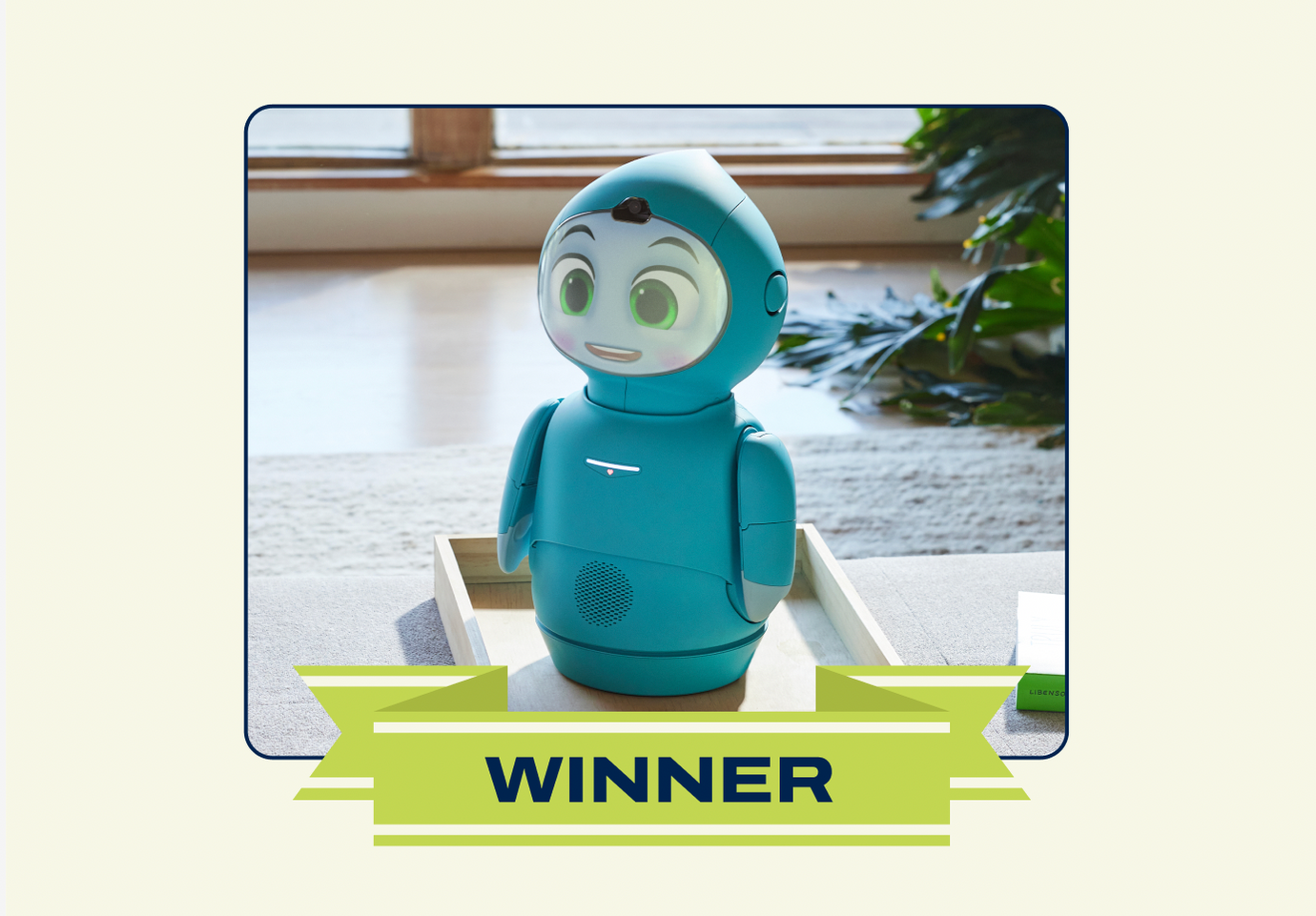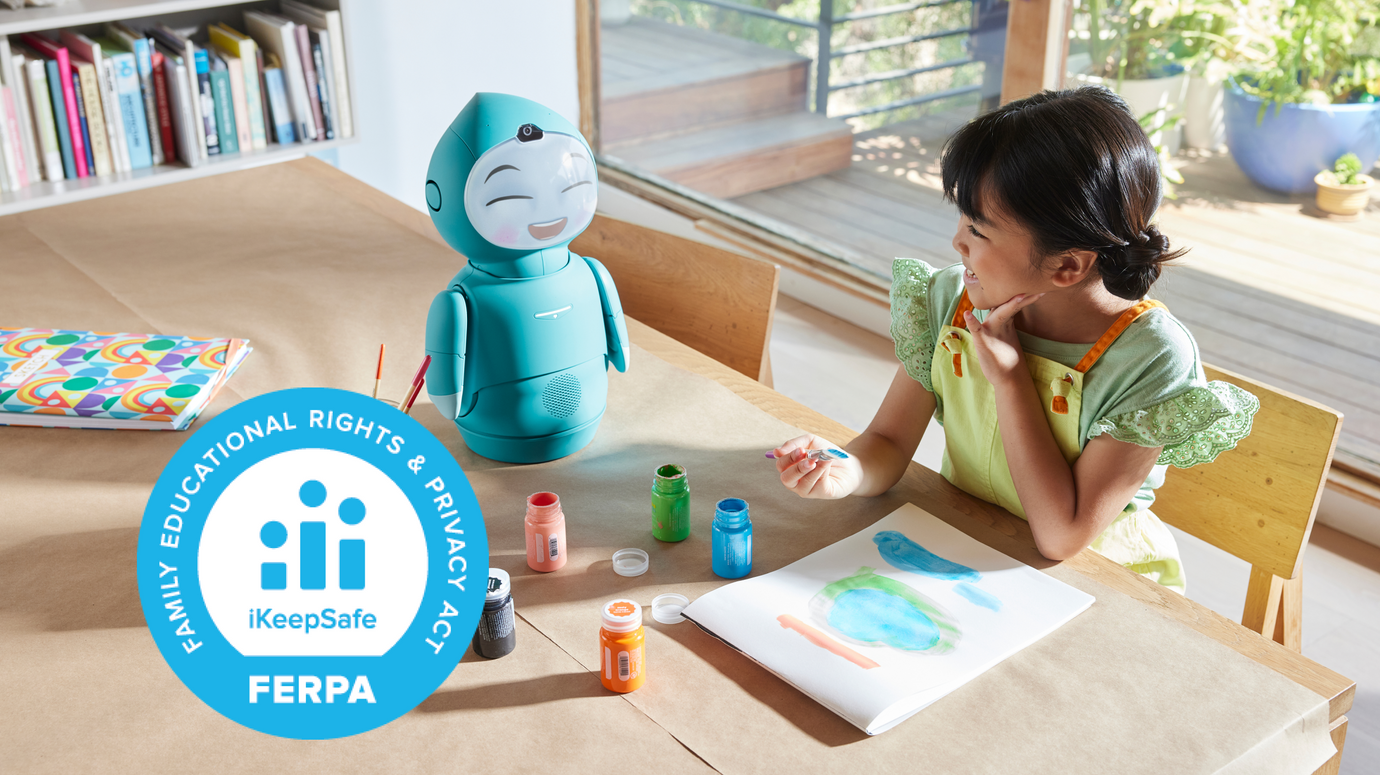Strategies to Optimize Learning with Moxie
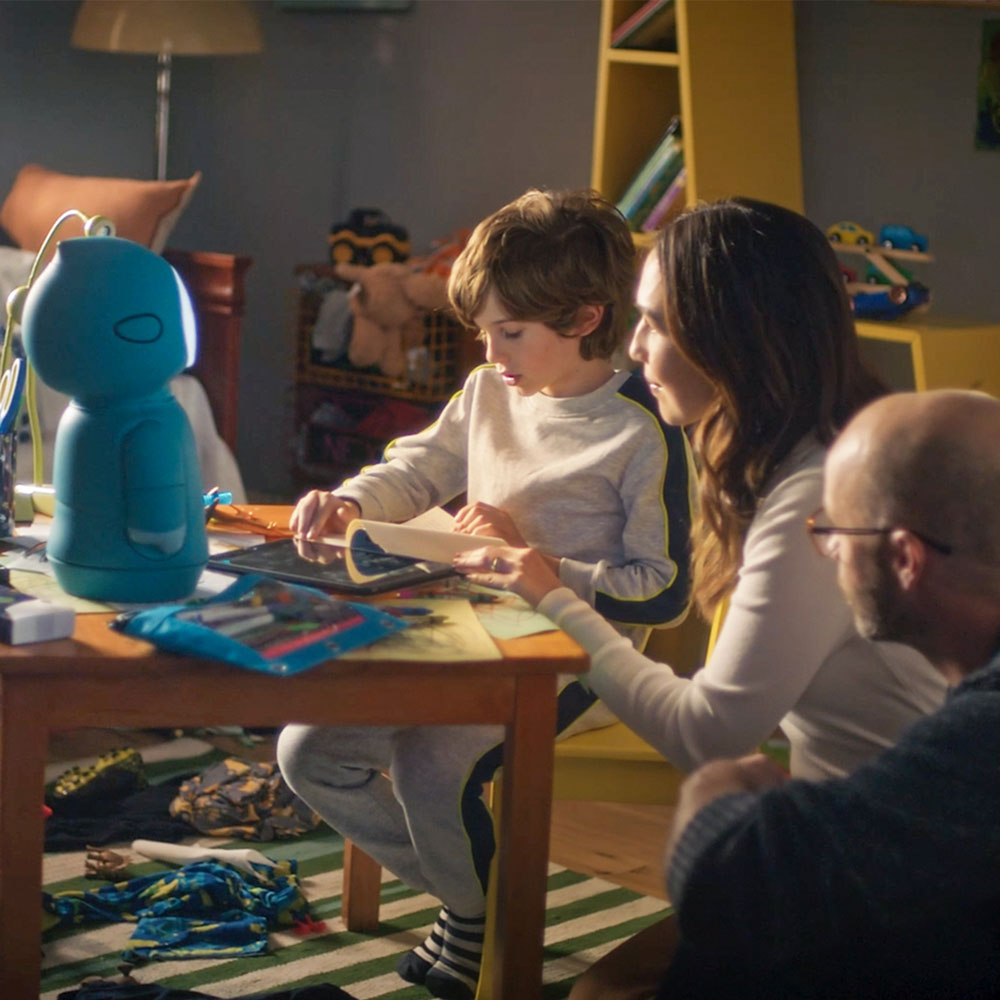
Strategies to Optimize Learning with Moxie
It is well known that engagement and adherence to a program are significant drivers of outcomes for digitally administered evidence-informed programs.1,2 Hence, we designed Moxie as a fun, safe, and engaging companion that helps children build social, emotional, and cognitive skills through everyday play-based learning and captivating content.
Importantly, Moxie is not an entertainment device, toy or on-demand “information-bot” but has been purposely designed as a peer to children with a curious personality, defined point-of-view, and clear purpose. Namely, Moxie is on a mission from the Global Robotics Laboratory (G.R.L.) to understand how to become a good friend to humans. By giving Moxie personal goals and a defined agenda, we are able to align subject matter and therapy-informed content with the developmental needs of a child to create a personalized engagement strategy where the child takes on the role of being a mentor to the robot. This approach promotes learning through teaching while encouraging important social skills such as developing empathy for others and strategies for successful collaboration.3
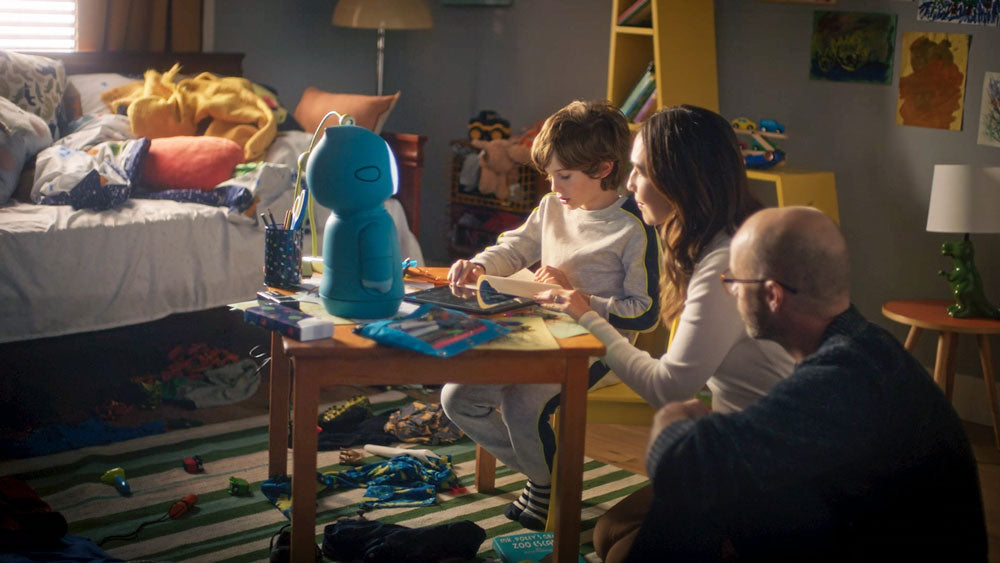
To further improve engagement, we approach our content program from a philosophy that Moxie is actively sharing a life journey with a child. Every week, a different theme such as kindness, friendship, empathy or respect tasks children with missions to help Moxie explore human experiences, ideas, and life skills. These missions are activities that include creative unstructured play like drawing, mindfulness practice through breathing exercises and meditation, reading with Moxie, and exploring ways to be kind to others. Moxie encourages curiosity so children discover the world and people around them so the relationship between Moxie and the child is meant to evolve to allow for changing perspectives, gaining new insights, and modeling a core value of lifelong learning.
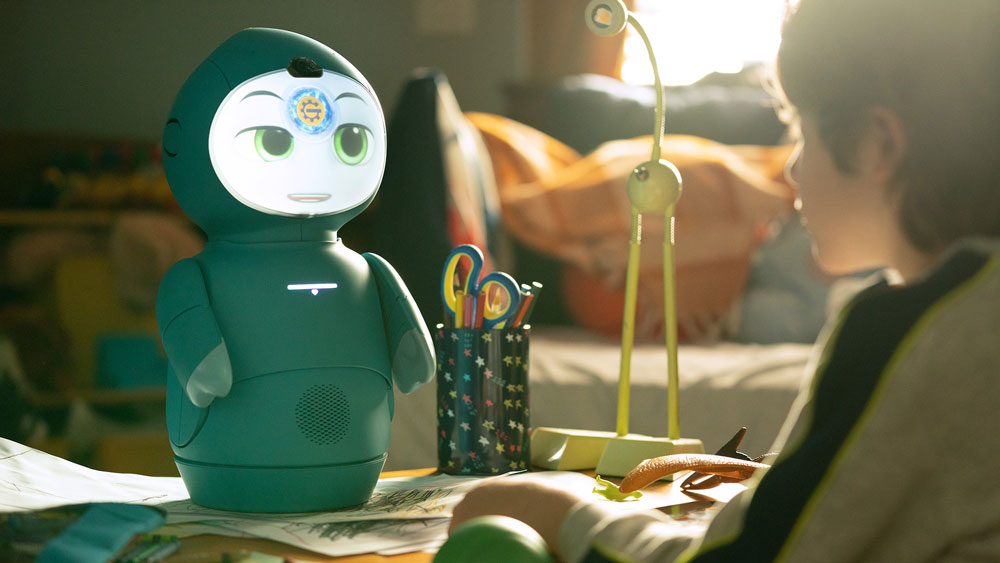
Lastly, extensive research in intelligent tutoring systems (ITS) has further shown that personalization (e.g., the system refers to the user with their name, knows what they like, etc.) and individualized content improves engagement and learning outcomes.4,5,6 To promote learning and engagement with the content, Moxie knows your child by name and recognizes them as their mentor. Over time, Moxie will also learn more about your child to better personalize its content to help with each child's individual developmental goals. This process allows Moxie to focus on each child’s personalized needs, which increases engagement and improves outcomes.
_______________
-
Chin, S. O., Keum, C., Woo, J., Park, J., Choi, H. J., Woo, J. T., & Rhee, S. Y. (2016). Successful weight reduction and maintenance by using a smartphone application in those with overweight and obesity. Scientific reports, 6(1), 1-8.
-
Michaelides, A., Raby, C., Wood, M., Farr, K., & Toro-Ramos, T. (2016). Weight loss efficacy of a novel mobile Diabetes Prevention Program delivery platform with human coaching. BMJ Open Diabetes Research and Care, 4(1), e000264.
-
Okita, S. Y., & Schwartz, D. L. (2013). Learning by teaching human pupils and teachable agents: The importance of recursive feedback. Journal of the Learning Sciences, 22(3), 375-412.
-
Janssen, J. B., van der Wal, C. C., Neerincx, M. A., & Looije, R. (2011). Motivating children to learn arithmetic with an adaptive robot game. In International Conference on Social Robotics (pp. 153-162). Springer, Berlin, Heidelberg.
-
Leyzberg, D., Spaulding, S., & Scassellati, B. (2014). Personalizing robot tutors to individuals’ learning differences. In 2014 9th ACM/IEEE International Conference on Human-Robot Interaction (HRI) (pp. 423-430). IEEE.
-
Schodde, T., Bergmann, K., & Kopp, S. (2017). Adaptive robot language tutoring based on Bayesian knowledge tracing and predictive decision-making. In Proceedings of the 2017 ACM/IEEE International Conference on Human-Robot Interaction (pp. 128-136).


